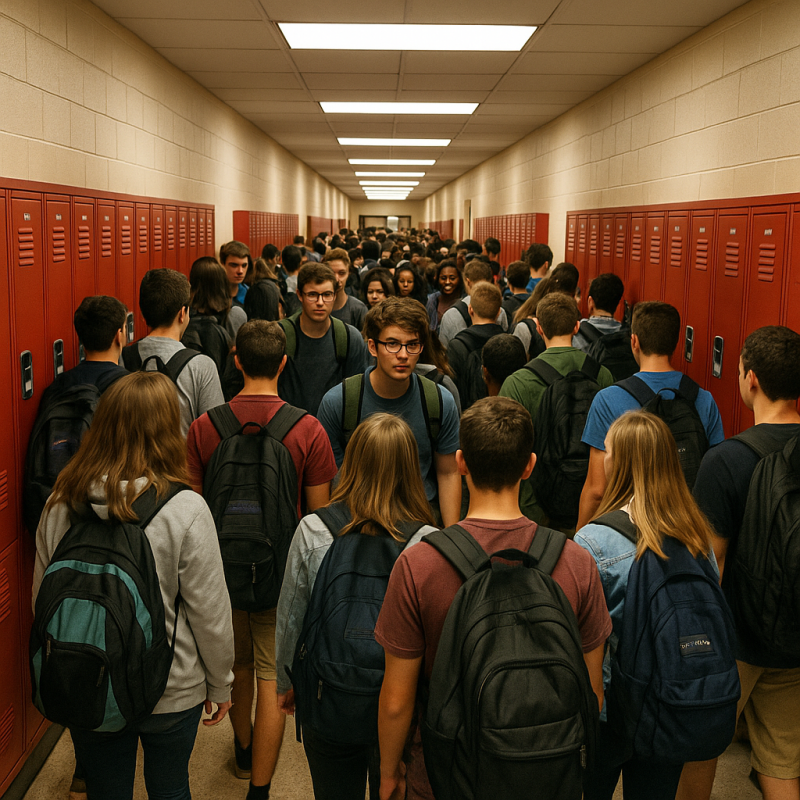If you’re raising a neurodiverse teen—whether they’re navigating ADHD, autism, dyslexia, anxiety, or any other unique wiring—you know that the right learning environment can make all the difference.
The truth is, traditional large schools just aren’t built with neurodiversity in mind. And while they do their best, crowded hallways, big class sizes, rigid schedules, and one-size-fits-all expectations can leave a lot of amazing kids feeling stressed, overlooked, or stuck.
That’s why at Atlas Montessori High School, we believe small is powerful—and small is exactly what many neurodiverse teens need to truly thrive.
Here’s why:
💬 1. They’re Seen, Heard, and Known
In a small school, no one gets lost in the shuffle. Teachers know your child not just by name, but by story.
That means we notice when they’re doing great—and when they might need a different approach or a little extra support, without your child ever feeling like a “problem.”
🛠️ 2. Learning Can Actually Fit Them
Every teen’s brain works a little differently, and that’s especially true for neurodiverse learners.
In a small, flexible environment:
-
We can adjust the pace when needed.
-
We can offer hands-on learning, project-based work, movement breaks—whatever works best.
-
We can support their strengths while gently scaffolding the areas where they need to grow.
Instead of your teen feeling like they have to keep up with a system that wasn’t built for them, we adapt the system to fit them.
🧩 3. Community That Feels Safe
One of the hardest parts for neurodiverse teens in big schools? Feeling like they don't belong.
Small schools build real community:
-
Everyone knows everyone.
-
Inclusion is part of the culture, not a side project.
-
Your teen has a better chance of finding friends who get them—and teachers who truly see their potential.
Belonging isn’t just “nice to have.” It’s essential for mental health, motivation, and learning.
🎧 4. Less Overwhelm, More Focus
Big, noisy hallways. Crowded cafeterias. Bells, lockers, chaos.
For a neurodiverse brain—especially one sensitive to sensory overload—that environment can be exhausting before the first class even starts.
In a smaller school, everything feels calmer and more manageable:
-
Smaller spaces
-
Fewer transitions
-
A school day that feels human, not industrial
Less sensory overload = more energy for learning and connection.
🗂️ 5. Real Help with Executive Functioning
Executive functioning (things like organizing, planning, remembering, switching gears) can be a real challenge for many neurodiverse students.
In small schools:
-
Teachers can actually help coach these skills day-to-day.
-
Systems like planners, check-ins, and gentle reminders are built in, not an afterthought.
-
Your teen isn’t left to figure it all out alone.
Final Thought
If you've ever felt like your teen could shine if only they were in the right environment—you’re not imagining it.
Small schools like Atlas Montessori High School aren’t just an alternative. They’re the kind of space where your teen’s strengths can be seen, nurtured, and celebrated.
Neurodiverse kids aren’t broken.
They’re brilliant—and they deserve a school that sees that, too.
We’d love to meet your family and show you how small can mean big possibilities.



